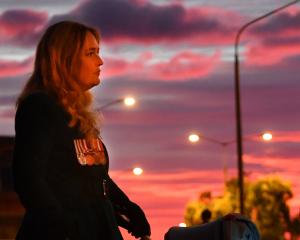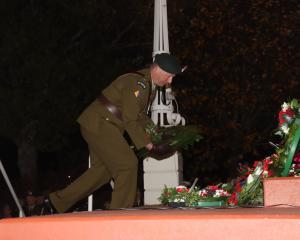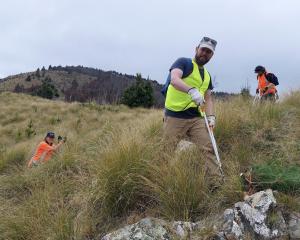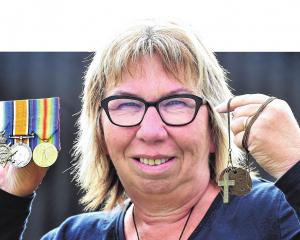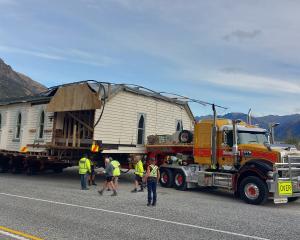Cr Jeff McKenzie said a proposed new after hours care hub for West Otago residents in Gore was too far from remote areas served by West Otago Health in Tapanui.
West Otago residents were concerned, he said.
''All we want to do is retain the service we've got: it works, it's good.
''There's a magical hour they talk about from when the first call goes out ... that's when lives are saved and in a lot of cases it's damn near further away from Gore than that magical hour.''
The creation of after hours care hubs at Central Otago, Queenstown and Gore was proposed by a southern Rural Service Level Alliance Team (Slat) appointed to develop a new model for distributing funding after a 2013 Ministry of Health announcement that rural general practices would be funded a new way.
The new funding model received broad support from rural practices, only seven of 38 southern rural practices opposing the changes.
West Otago Health interim manager Marianne Parks said hers was one of the seven.
''When it comes to providing a service after hours, we don't differentiate between general medical care, urgent medical care and emergency care. We just expect that the person on duty has the ability and has the expertise to meet all of those areas.
''The problem that we've got though is ...all the money that we get to provide a service after hours is actually tagged for general medical care.
''We don't actually get any specific funding for urgent and emergency care, other than our Prime contract, which is actually only a very small sum of money.''
Taking away the funding for after hours general care effectively ended after hours urgent and emergency care in the area.
The Rural Slat had provided West Otago Health with ''transitional funding'' to allow the current level of service to remain in place for two years. However, she knew many in the community were nervous that after the two years the funding would be pulled.
Rural Slat project manager Paul Rowe said ''quite a number'' of rural practices had received transitional funding, and for most ''the transition was to help [transition] to the new model.''
For Tapanui, the transitional funding was put in place so West Otago Health did not have to change the level of service it provided while a possible alternative was being considered.
''It's to give us 18 months to two years to work towards that [West Otago's after hours care being delivered in Gore], or to work towards an alternative.
''An alternative isn't out of the question.''
He said he had spoken in detail with Mrs Parks and understood her concerns.
''We appreciate where they were coming from so we tried to work with them to make it work best as a practice,'' he said.
''They're a funny one, because they're quite close to a relatively large centre, in the same way that Lawrence is to Balclutha, but they are still 35km away - and there are still people in places like Heriot and Moa Flat that are a lot further than 35km away.''

